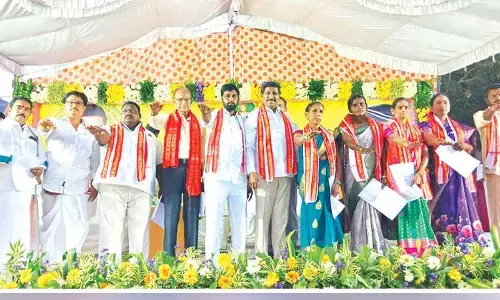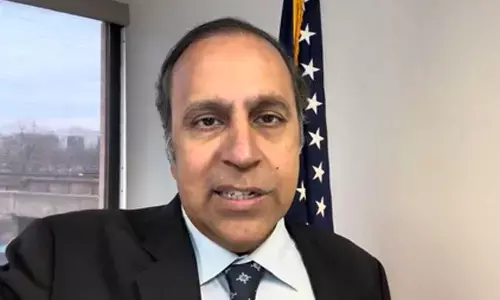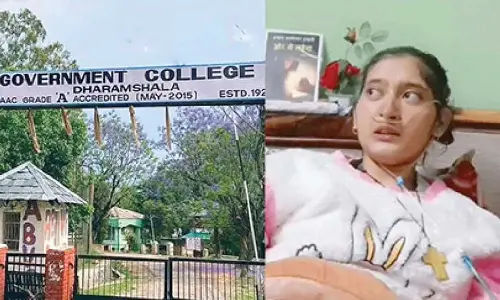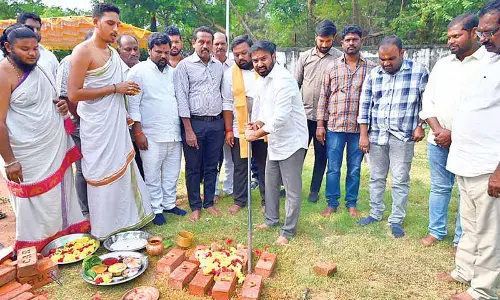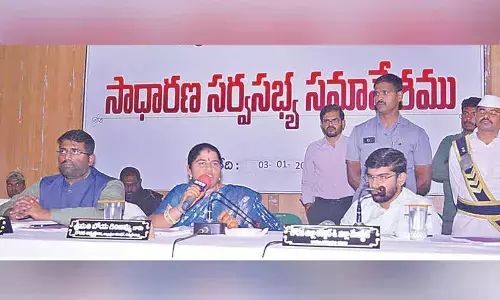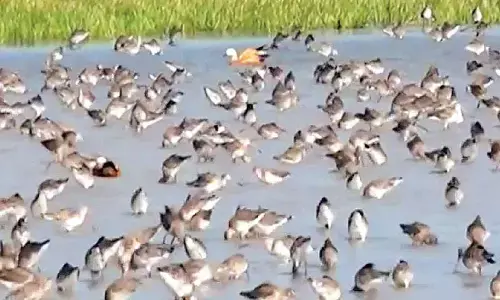Hyderabad: Absence of labourers affects coffee plantation in Western Ghats, according to a study conducted by ISB
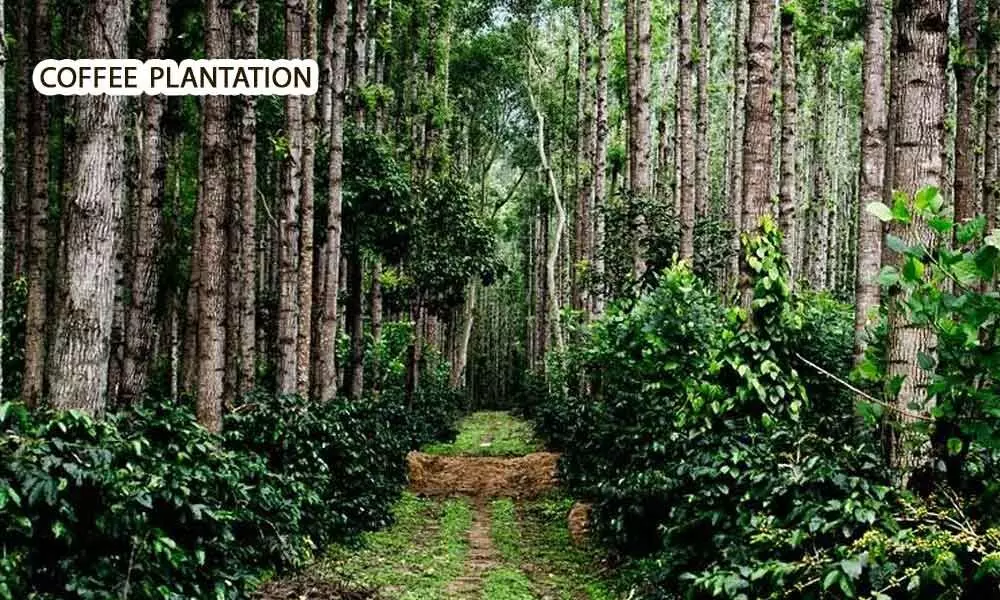
Absence of labourers affects coffee plantation in Western Ghats
The current situation makes it harder for coffee planters to hire labour, says the study conducted by ISB Hyderabad
Hyderabad: Labour scarcity due to the Covid-19 induced lockdown and reverse migration of workers have adversely impacted the biodiversity of the Western Ghats, according to a study conducted by ISB.
A team of scientists from the ISB, Centre for Wildlife Studies (India), and Nelson Institute for Environmental Studies, University of Wisconsin-Madison (USA) surveyed coffee plantations in the Western Ghats. To examine farm-scale conditions that support biodiversity.
Associate Professor of Public Policy at the ISB, and co-author of the study, Prof Ashwini Chhatre, said that biodiversity is the latest causality of the pandemic induced lockdown, that triggered mass reverse migration.
The current situation makes it harder for coffee planters to hire labour.
Also, for labour to get to coffee plantations without significant hurdles. In addition to impacting the livelihoods and costs to the larger economy, there will be a cascade of effects which will eventually have impact upon birds and bees, he said. The study also points out ways, in which, economic policy can mitigate the impact on biodiversity through better support for smallholder coffee producers in global conservation hotspots like the Western Ghats.
Further, the long-term stability of wildlife-friendly coffee agroforests is imperative for growing economic and conservation concern.
The ability to sustain high-biodiversity commodity production systems is seriously challenged. It is because of the increasing labour scarcity, rapidly rising labour costs, the ongoing urbanisation in Karnataka, as elsewhere in the coffee-producing regions globally, he added.
Prof Paul Robbins of the University of Wisconsin and the lead author of this study that the future of biodiversity conservation has a great deal to do with what commercial producers choose to do on their land. After all, especially small farmers. The findings show that biodiversity has been underwritten for decades by the availability of cheap labour on big farms, should therefore worry us all, he said.
As farm labour in India becomes scarcer and more expensive, he said that there is a need to work creatively with farmers. It is to find ways, for them, to make wildlife-friendly decisions in turbulent markets. The fate of rare birds and countless other wild taxa will hinge on things like-automation, subsidies, and labour migration as much as- it does on protected areas. Besides, control of poaching, and other conventional conservation concerns, he pointed out.
There are several important implications of this study. Due to insufficient labour and rise in market volatility, small landholders in the Western Ghats are choosing production and management practices that lead to maintaining fewer tree varieties. It also results in higher usage of pesticides and substitution of Arabica with Robusta coffee plantations.
Many are converting farms from Arabica to Robusta as the price difference between the two varieties is almost reaching parity. Notably, in the Western Ghats, roughly 75 per cent of coffee plantations are smaller than 10 hectares.
Dr Krithi K Karanth, Centre for Wildlife Studies, co-authored the study pointed out that the study highlights, the key local linkages between the economic well-being of people and their livelihoods.








